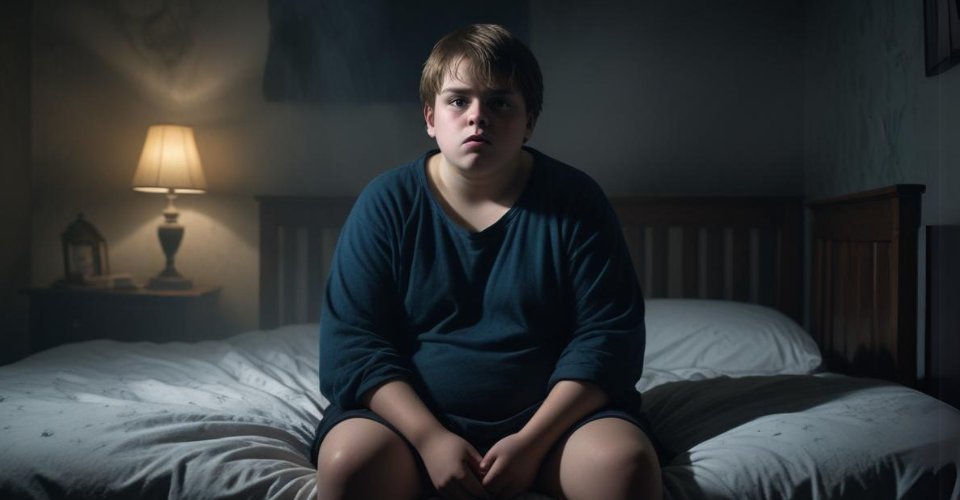A 50-year Stalemate Ignored on Mental Health Care
Idaho’s mental health institutions are jails where many inmates who are mentally ill are confined, a practice severely criticized as both a violation of their human rights and an inadequate provision of care.
The state is still sticking to this approach despite the long-standing protests of advocates and officials, which means that it may become the only American state which allows non-offending psychiatric patients in prisons.
The Condemned but not Convicted
It has drawn much criticism since it was established in the 1970s. Marilyn Sword for instance was one such voice, who vehemently opposed Idaho’s arrest of “dangerously mentally ill” persons in prisons due to civil rights infringements and further disadvantaging these people.
These warnings have emerged several times across various years with no less than fourteen official notices since 1954 calling for a separate secure mental health unit out of prison walls.
Idaho’s Consistent Opposition and Ignored Advice
Idaho leadership has always defended this as a stop gap measure while promising to provide proper psychiatric hospitals but all those promises never resulted into any tangible outcome.
Recently, there were efforts in the Legislature to allocate money towards funding of a specialized mental health facility but were refused instead choosing to keep patients incarcerated without charges at the state’s maximum-security facility.
Contrary Recommendations from Experts
Idaho’s approach contrasts sharply with national and international guidelines on mental health.
This is against recommendations issued by well-known organizations like Substance Abuse and Mental Health Services Administration, American Psychiatric Association, American College of Correctional Physicians, federal courts, United Nations among others.
Keeping mentally ill people locked up in prison for prolonged periods raises ethical concerns and contravenes global standards of care.
Life Imprisonment for Mentally Ill People
Civilly committed psychiatric patients share C Block at Idaho Maximum Security Institution with inmates facing criminal charges and felons having mental illnesses.
Those staying in this place suffer from severe symptoms often including delusions that result in violent actions.
Typically, these periods of isolation last between 110 and 160 days during which no therapeutic conditions are provided for mental health treatment.
Inadequate Care Amid Solitary Confinement
The prisoners involved suffer from extended periods of being alone, lack of access to adequate therapy and are placed in small cells that make their mental conditions worse.
While there is an effort to provide treatment in the prison facility, the structure makes it difficult for them to receive treatment.
This has led to several cases of using force among them pepper spray raising questions about their welfare and recovery process.
Legal and Ethical Predicaments
Experts argue this practice by Idaho is most likely unconstitutional because it violates ethically accepted standards in health especially when considering individuals with disabilities.
The act of incarcerating people based solely on mental illness without any criminal charges violates basic principles of equality and humane treatments.
A History Marred by Failed Promises
Idaho has been debating the issue of housing mentally ill inmates within correctional institutions since the early part of the 20th century.
There have been intermittent pledges towards having exclusive departments for mental health, but bureaucratic wrangles, financial hitches and political lethargy have stopped any changeover from this harmful system.
The Path of Change That Has Proved to Be Elusive
However, the efforts to put up standalone mental health facilities have been thwarted time and again by bureaucracy and lack of political will.
Proposals for the establishment of special treatment centers have been put on hold leaving the state stuck in a system that is not making any sense for people with mental disorders who need help and rehabilitation.
The Glimmer of Hope
There is good news however, as this recent change of direction from Governor Brad Little has lit a candle of hope for Idaho’s mental health care.
Ideas for constructing dedicated $25 million institutions that provide collaborative mental healthcare outside prison walls have received support.
This suggestion by the Department of Health and Welfare and Corrections could be seen as a sign that non-criminal psych patients will no longer spend long durations in prisons.
Seeking Redemption: A Chance for a New Chapter
At this critical juncture when Idaho is rethinking its approach to mental health care, stakeholders, advocates, and policymakers see this proposed facility as an important step in correcting a historic wrong.
The possibility that we might break away from an outdated system that has lasted over fifty years gives us some confidence that they can hope to receive empathetic attention as well as relevant cure outside cell prisons where they belong.




























